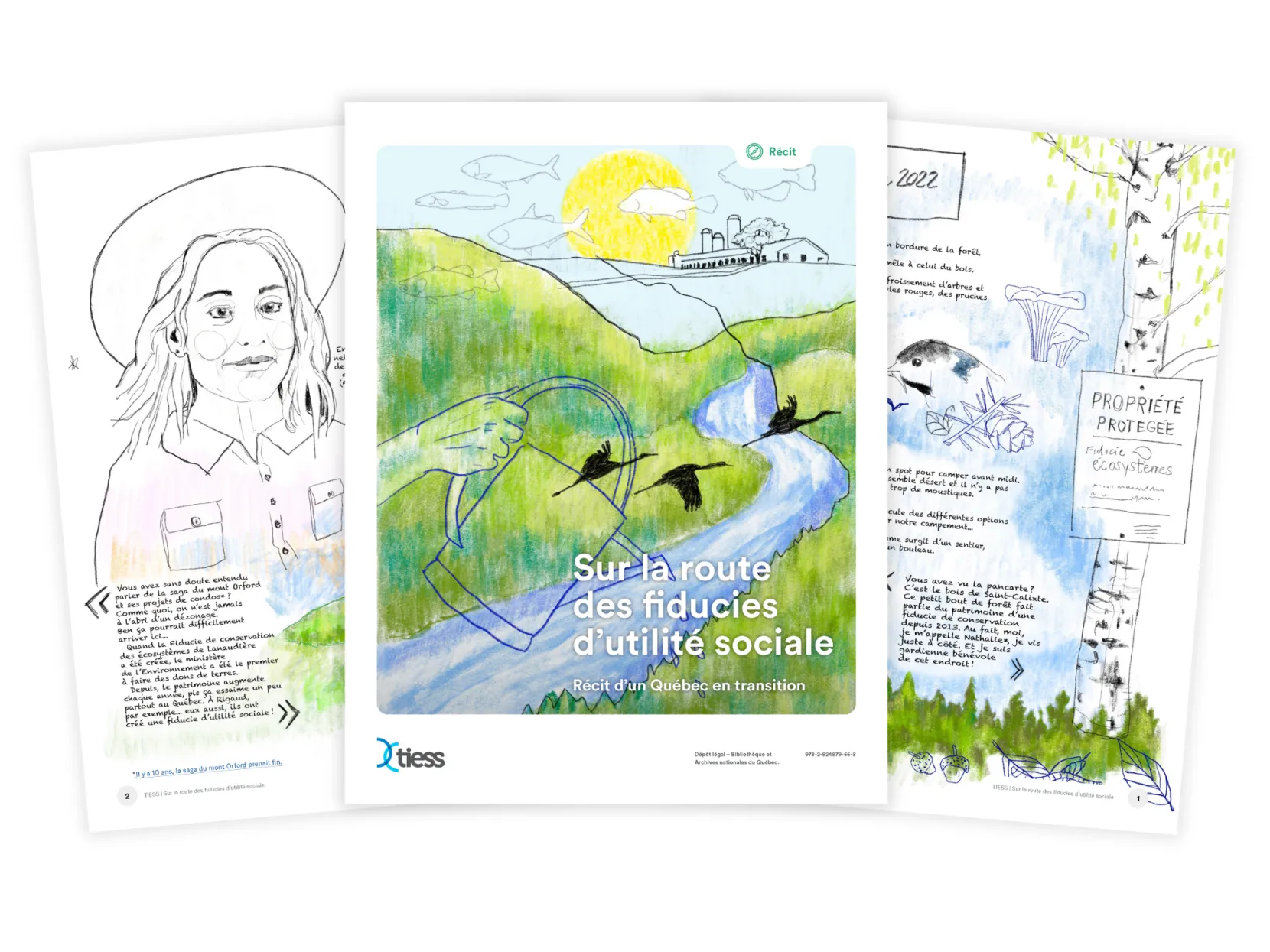Rescued school meals in vending machines
Each year, one third of the food produced in the world is wasted. Meanwhile, alarming figures keep piling up: biodiversity loss, emissions from the agri-food system, and an ever so slightly earlier “Overshoot Day” —the calendar day when humanity officially starts living beyond the Earth’s ecological capacity to regenerate for that year. Half of this planetary “biocapacity” is used to produce food. So caring for it and avoiding waste is not just a matter of ethics or social justice (“finish your potato omelette, there are children going hungry” —true—), but also a very effective strategy to align our diets with the planet’s limits.
And if avoiding food waste also educates, raises awareness, and builds community, even better. That’s what the Rexcatering project is trying to do in the Spanish Basque Country, where several schools have installed what we might call “rescued food vending machines.” Not filled with processed snacks, but with full meals, freshly cooked that same day in the school cafeteria—and which, if not recovered, would end up in the trash. Any neighbor or just anyone passing by can pick up one of these meals—no payment, no registration—right off the street, like buying a soda. Except here the soda is for free and comes in a compostable, heat-sealed tray, labelled with allergen info. Students themselves help pack and deliver the meals to the vending machines, bringing an educational dimension and helping reclaim a sense of ownership over the local food system. The project builds on years of experimenting with food recovery, ensuring food safety and traceability under a circular economy approach with a strong social justice component.
Rexcatering is now operating in over a dozen schools in the Basque provinces of Bizkaia and Gipuzkoa. And the model is starting to spread: in the rural Catalan town of Bellver de Cerdanya, for example, the idea has been adapted with a symbolic price of 1 € per meal. It’s not hard to imagine similar machines in hospitals, care homes, or any public facility with an in-house kitchen. What if cities started treating their food systems as commons, the way some are beginning to do with energy? It wouldn’t just be about saving food—but about collectively redesigning its flows, infrastructure, and governance. Like an energy community—but with potato omelette.
Image Credit: Orioko Herri Ikastola / https://guka.eus/

